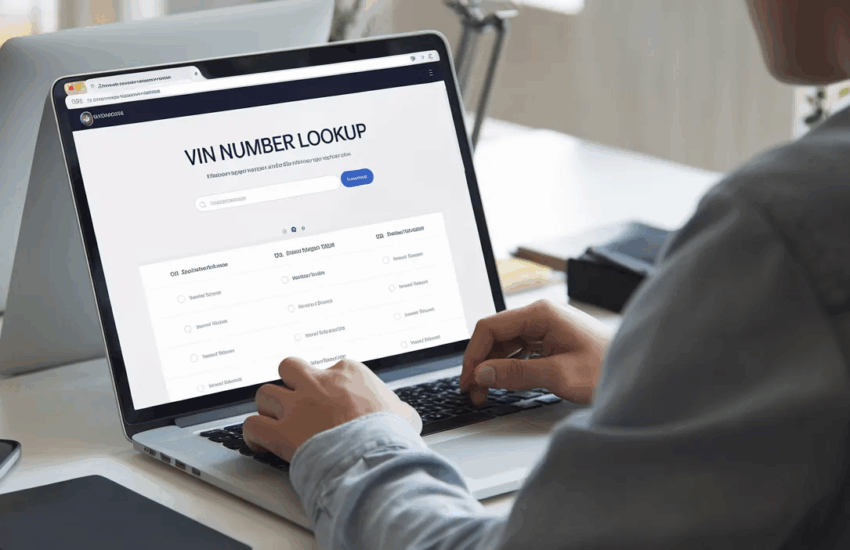Are there any fees or charges associated with a Cash for Cars program?
If you’re considering selling your car to a cash-for-car program, it’s important to understand the process and any fees or charges that may be associated with it. In this article, we’ll take a closer look at these programs and explore some of the more common fees and charges you may encounter when selling your car for cash.
How Cash for Cars Programs Work
A cash for cars program is a service that buys cars, trucks, and other vehicles for cash. These programs are often run by dealerships, junkyards, or private buyers looking to buy vehicles for parts or resell them. The process of selling your car to a cash for cars program is generally quite simple. Typically, you will be asked to provide basic information about your vehicle, such as the make, model, year, and condition. The program will then make an offer on your car, which you can accept or decline. If you accept the offer, the program will pick up your car and pay you the agreed amount in cash.
Common fees and charges
While cash-for-car programs can be a convenient and efficient way to sell your car, it’s important to understand that some programs may charge additional fees or costs. Here are some of the more common fees and charges associated with cash-for-car programs:
towing fees
If your car is not in working order or if you can’t drive it to the Cash for Cars program, you may be charged a towing fee. This fee may vary depending on how far the car needs to be towed, as well as the condition of the car. It’s important to ask about towing fees up front so you can factor them into your decision whether or not to sell your car to a particular program.
Administrative fees
Some cash-for-car programs may charge administrative fees to cover the cost of processing your transaction. These fees can include things like paperwork, title transfer, and other administrative costs. Be sure to ask about these fees when you’re considering different programs, as they can add up quickly and affect your overall payment.
Vehicle Value Deduction
Another common charge that some programs may deduct from your car’s offered value is the cost of any repairs or reconditioning that will be necessary before the vehicle can be resold. Be sure to ask if this is the case, so you can factor it into your decision whether or not to sell your car to a particular program.
How to avoid fees and charges
The best way to avoid fees and charges when selling your car to a cash-for-car program is to do your research and shop around. Compare offers for different programs and be sure to ask about any fees or charges up front. It’s also a good idea to get multiple quotes so you can compare the total value of your car. Plus, you can save on towing costs by bringing the car into the program yourself.
In short, cash for car programs can be a convenient and efficient way to sell your car for cash. However, it is important to be aware of the fees and charges that may be associated with these programs. By researching and comparing prices, you can ensure that you’re getting the best deal for your car.
How to choose a Cash for Cars program
When choosing a cash-for-car program, there are some important factors to consider. Here are some tips to help you find a reputable and trustworthy program:
Check licenses and accreditation
Make sure the program you are considering is licensed and accredited. This can help ensure that they are a legitimate business and that they comply with all relevant laws and regulations.
Read reviews online
Look online for reviews of the program you are considering. This can give you a better idea of what to expect from the program, as well as any issues or concerns other customers have had.
ask for references
Ask family and friends if they have had any experience with cash-for-car programs. If so, ask for their feedback on the program they used, so you know more about what to expect.
Understand the fine print
Be sure to read and understand the fine print of any agreement or contract you sign. This can help you avoid unexpected fees or charges, and can also give you a better understanding of program policies and procedures.
By following these tips, you can help ensure you choose a reputable cash-for-car program.
In conclusion, cash for car programs can be a convenient and efficient way to sell your car for cash. However, it is important to understand the fees and charges that may be associated with these programs, and to choose a program that is reputable and offers a fair price for your vehicle. By researching and comparing prices, you can ensure that you’re getting the best deal for your car. Be sure to ask about any hidden fees or charges, watch out for the fine print, and if you’re unsure, ask for references, this way you can make an informed decision and have a smooth sales process.



